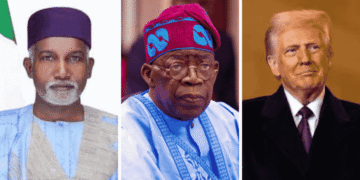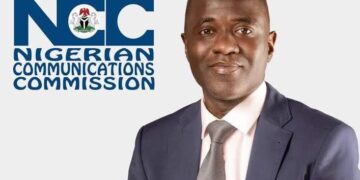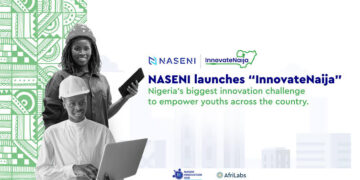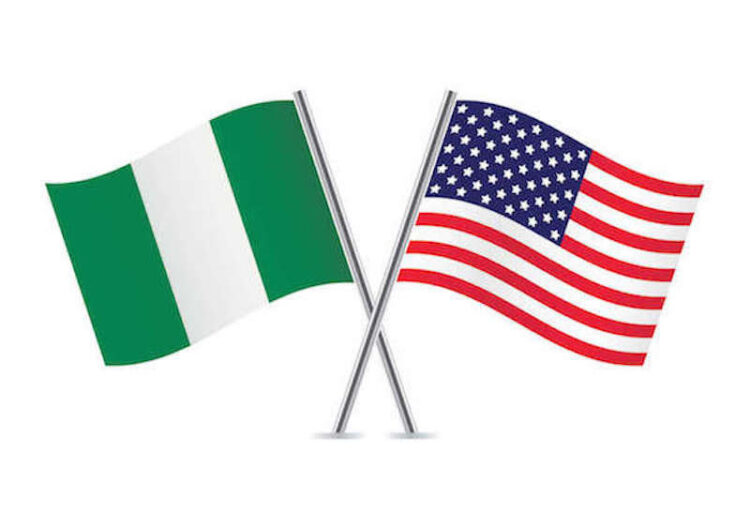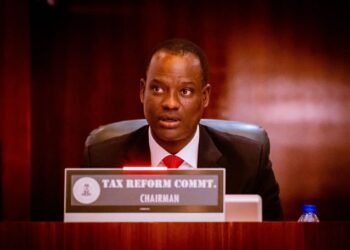The Initiative to Save Democracy has urged the Federal Ministry of Interior and its relevant agencies—particularly immigration attachés—to address the issues raised by the United States government, which recently led to a reduction in visa validity periods for Nigerian citizens.
In a statement signed by its President, Mr. Akinloye James, the group expressed concern over the new restrictions imposed by the U.S. government. As of July 8, 2025, the United States has reduced most non-immigrant visas issued to Nigerian citizens to single-entry status with a validity period of just three months.
The group noted that Nigeria’s immigration system plays a central role in the U.S. government’s decision. “The visa changes—particularly the reduction of non-immigrant visas to single-entry with a three-month validity—are rooted in concerns about reciprocity, security cooperation, and Nigeria’s adherence to global immigration standards,” the statement read.
It further stated that one of the key benchmarks for U.S. visa reciprocity is the ability of a country to issue secure, tamper-proof passports and ensure robust identity verification of its citizens. “If Nigeria’s immigration system is perceived as falling short in this area—due to document fraud, weak biometric systems, or lax identity controls—it undermines trust in the legitimacy of visa applicants,” the group said.
The Initiative to Save Democracy also highlighted that the U.S. government monitors visa overstay rates among visitors, and Nigeria has been flagged due to the high number of overstays by its citizens on non-immigrant visas. It pointed out that Nigerian immigration authorities appear to lack adequate mechanisms for tracking and managing outbound travel, as well as enforcement measures to discourage visa abuse.
The group called on the Ministry of Interior to ensure that Nigeria’s immigration systems are strengthened to support intergovernmental collaboration on security issues. Mr. Akinloye James emphasized that “the U.S. expects partner countries to share criminal, biometric, or identity information that enhances traveler vetting. If Nigeria has not fully aligned its immigration data systems with international security standards—or is seen as slow or selective in its information-sharing commitments—the U.S. may, in response, impose tighter visa rules.”
The Initiative to Save Democracy concluded by calling for tangible reforms in Nigeria’s immigration processes, warning that Nigerians may continue to face increasingly stringent visa terms if the current issues are not urgently addressed.




